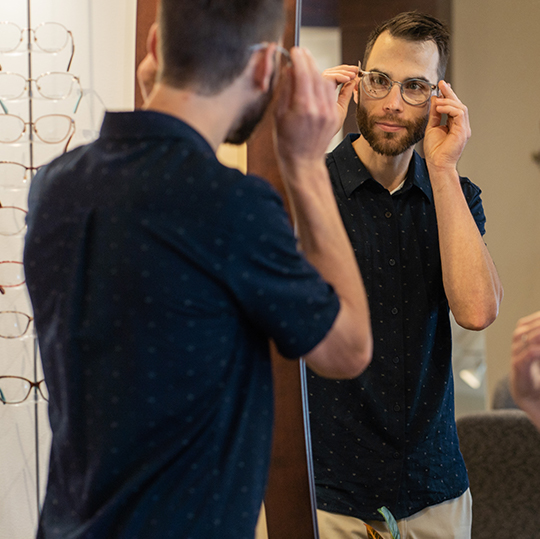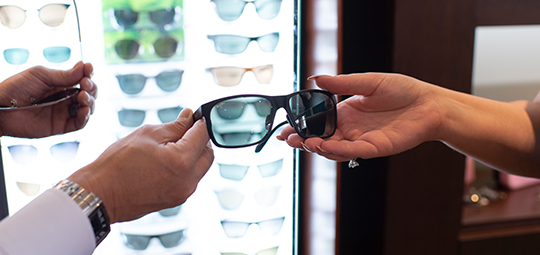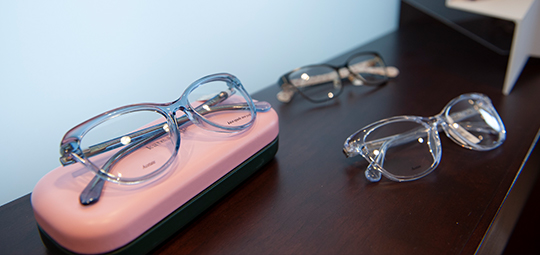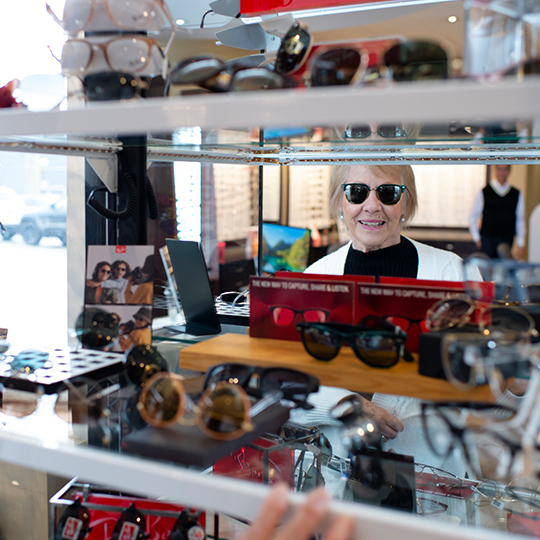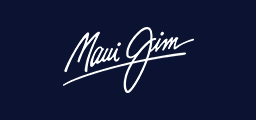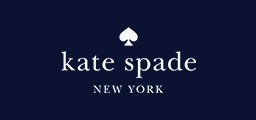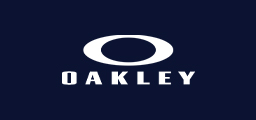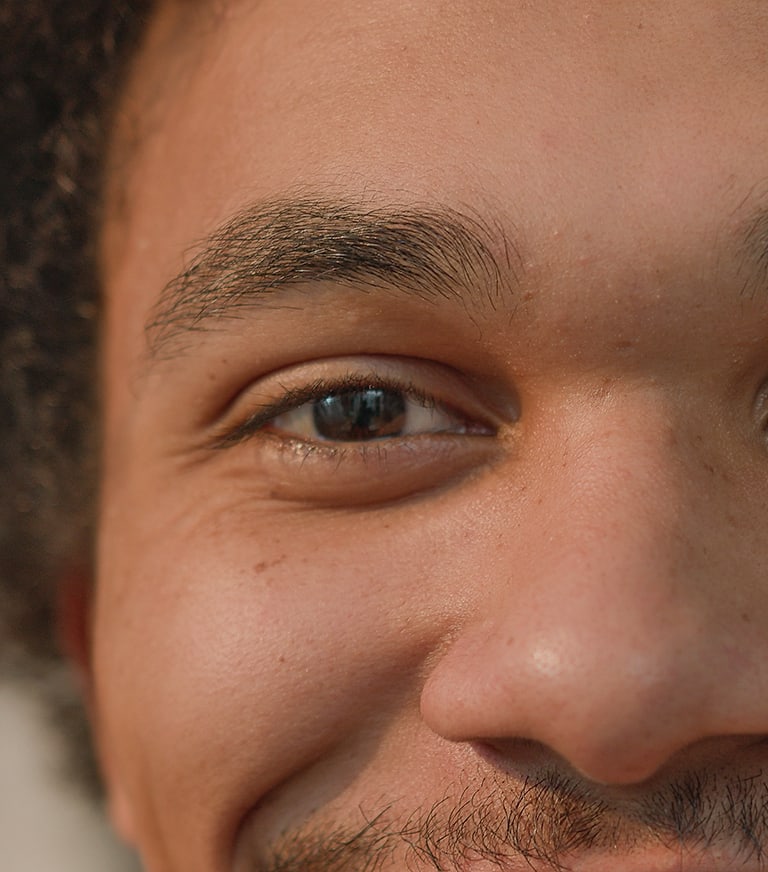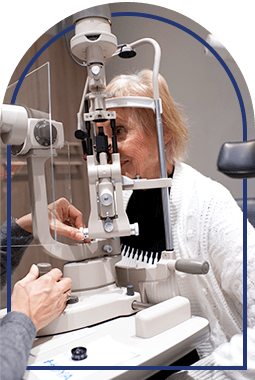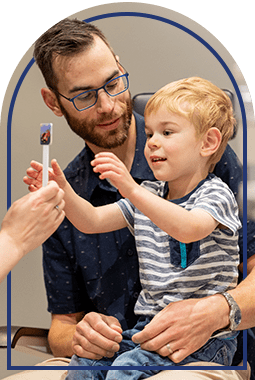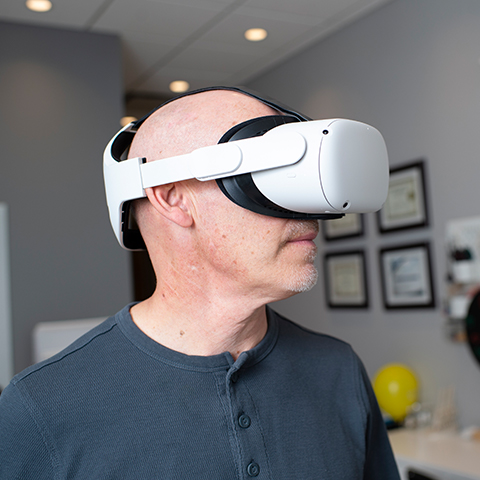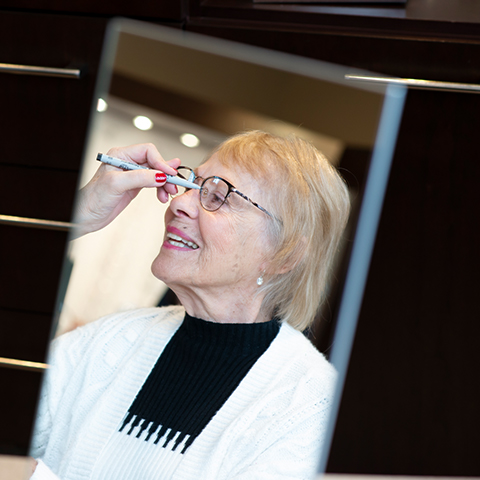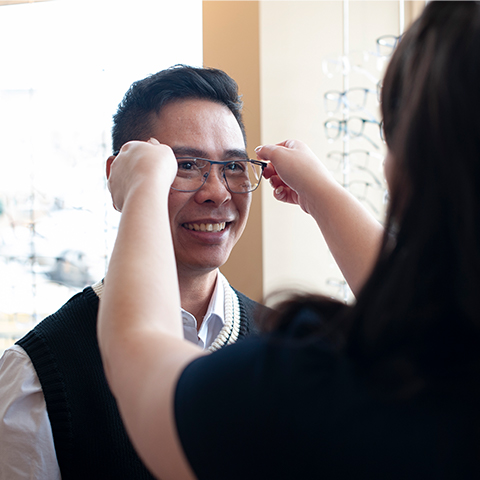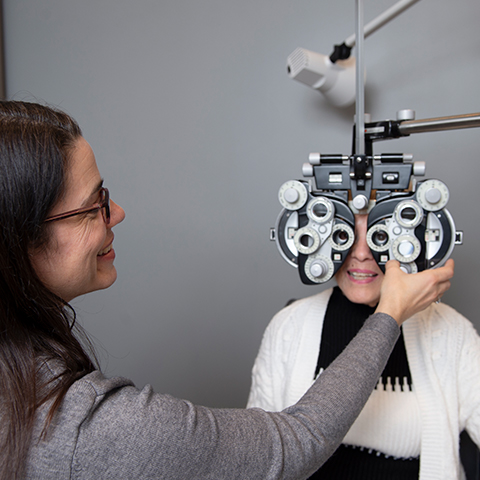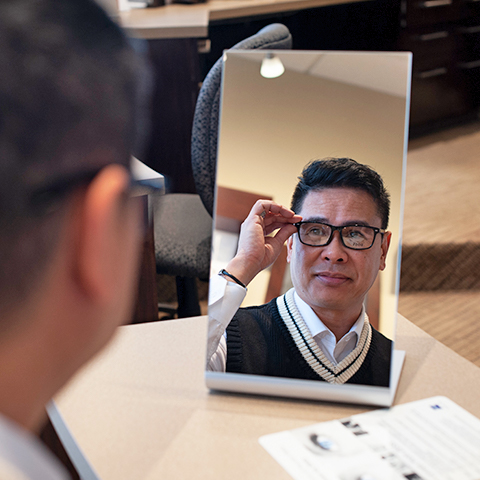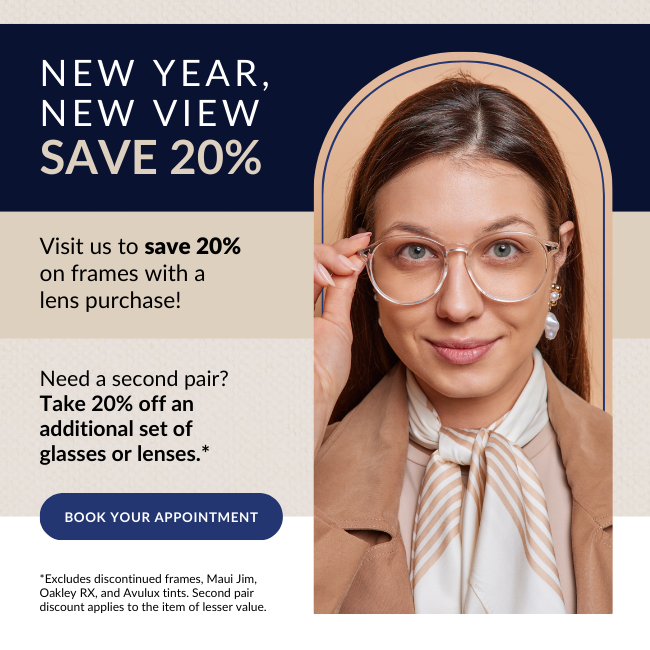Vision Therapy for Binocular Vision Dysfunction (BVD)
Binocular vision dysfunction, also known as BVD, refers to conditions that affect how the eyes and brain work together. Even if you or your child have 20/20 visual acuity, your eyes may struggle with alignment, focus, or coordination. This can lead to uncomfortable symptoms like headaches, double vision or blurred vision, difficulty concentrating, and even anxiety, impacting everything from learning to seemingly simple tasks.
At Eye Health Centre, we use vision therapy to retrain the eyes and brain to work seamlessly together. Much like physical therapy for the visual system, our approach is personalized to meet your unique needs and improve visual performance.
Learn more about how vision therapy can help and book your visual assessment today.
Book AppointmentWhat Is Binocular Vision Dysfunction?
Binocular vision dysfunction occurs when the eyes and the brain struggle to work together as a team. This can lead to symptoms like double vision, eye strain, headaches, poor depth perception, and general visual discomfort. This struggle can affect people of any age, making tasks like reading, driving, working on a screen or even sports difficult.
Whether the cause is neurodevelopmental, due to a concussion, or simply an unaddressed visual skill gap, BVD can interfere with every aspect of your life. A program of vision therapy can make a significant difference in your life.
What Is Vision Therapy?
Vision therapy is a non-surgical, personalized, doctor-supervised program of customized daily activities designed to improve how the eyes work together and how the brain processes visual information. It targets functional visual skills like eye teaming, tracking, focusing, and visual processing, skills that are essential for reading, learning, attention, and comfort in everyday life.
Vision therapy can be especially helpful for:
- Children struggling with reading, focus, or learning, who may struggle with skipping words while reading, reversing letters or losing their place on a page
- Patients with binocular vision dysfunction, such as convergence insufficiency, strabismus, amblyopia or double vision
- Individuals recovering from concussion or brain injury, where a multitude of visual symptoms are often experienced
- Anyone experiencing eye strain, double vision, or visual fatigue
- Athletes looking for improved performances
Each vision therapy program is tailored to the patient’s specific needs and may include in-office sessions, home-based activities, and regular progress evaluations. The goal is to build stronger, more efficient visual skills so that seeing becomes easier, more comfortable, and more reliable.
The Benefits of Vision Therapy
Binocular vision dysfunction can cause various frustrating and, at times, debilitating symptoms.
With a customized vision therapy program, our patients often experience significant improvements in both their vision and their ability to perform everyday tasks. Many of our patients tell us they wish they’d known earlier what a difference vision therapy could make to their lives!
Tackling Learning Challenges
Visual issues can sometimes make it harder for children to excel in school, but it often doesn’t occur to parents that trouble at school is related to their child’s vision.
Signs that your child or teen might have vision-related learning problems can include:
- Skipping words or lines while reading
- Reversing letters
- Not reading at grade level
- Squirming in their chairs
- Blurred or double vision
A personalized vision therapy program can help address these challenges, giving children the tools they need for a more positive learning experience.
Improving Sports Performance
Athletes of all ages rely on more than just clear vision to excel—they need sharp visual processing, precise coordination, and quick reaction times. Vision therapy helps train the brain to process and respond to visual inputs more efficiently, enhancing skills like tracking a ball, anticipating plays, and making split-second decisions.
By refining the connection between the eyes, brain, and body, vision therapy can help transform good athletes into great ones, giving them the edge they need to outperform the competition.
Recovering from Concussion
Even a mild concussion can disrupt how your visual system functions, affecting focus, eye coordination, and how your brain processes what you see.
We specialize in post-concussion vision rehabilitation that supports the brain-eye connection. Common visual symptoms after a concussion include:
- Blurred or double vision
- Light sensitivity
- Difficulty reading or concentrating
- Eye strain or fatigue
- Motion sensitivity or dizziness
- Headaches linked to visual tasks
Concussion recovery is not one-size-fits-all. We work at your pace, helping rebuild visual comfort and confidence in a supportive environment. Whether your symptoms are recent or lingering from a past injury, our goal is to help you regain ease and control in everyday visual tasks.
Addressing Lazy Eye & Crossed Eyes
Conditions like strabismus (misaligned eyes) or amblyopia (lazy eye) can impact both vision and self-confidence. These conditions typically don’t resolve on their own, so vision therapy can assist in realigning and strengthening visual coordination, reducing the chances of long-term vision issues. Lazy eye and crossed eyes can both be detected in your child’s eye exam.
What to Expect from Vision Therapy at Eye Health Centre
In vision therapy, we take a personalized approach to meet your specific needs, but you are the key element that supports the success of your program.
By doing your vision therapy “homework” as prescribed over the course of weeks, you can see significant benefits unfold. Just like physical exercise takes time to show results, so does vision therapy.
Here’s how the process typically works at Eye Health Centre.
Comprehensive Assessment & Custom Program
We begin with a detailed visual evaluation to assess eye alignment, tracking, focusing, and visual processing skills.
Based on our findings, your optometrist creates a personalized vision therapy plan tailored to your needs.
Ongoing In-Office Sessions
Vision therapy involves practicing targeted visual exercises to build and reinforce essential skills. These exercises may include activities for eye coordination, strengthening eye muscles, and improving speed and accuracy in eye movements.
This is usually a mix of at-home exercises that take around 10–15 minutes daily and weekly in-office appointments. Our programs typically run for a minimum of 20 weeks.
How Long Does It Take for Vision Therapy to Work?
Your personalized treatment program depends on the severity of the condition or problem you’re experiencing. It’s a gradual process—after all, it takes time to retrain the brain and the eyes to function in unison.
The full amount of time required depends on multiple factors, including the cause, the individual patient, and compliance with the regimen. Most of our programs last between 20 and 40 weeks.
Is Vision Therapy Covered by Alberta Health Care?
Vision therapy is not covered by Alberta Health Care, but it may be covered by your private health insurance or Health Spending Account (HSA) . The full cost of therapy will be based on the length of treatment.
Schedule a Functional Visual Evaluation
You don’t have to live with the symptoms of binocular vision dysfunction. With the right vision therapy plan, you can retrain your eyes and brain to work together, improving both your vision and your everyday life.
Call us to schedule a visual assessment today to take the first step toward learning how vision therapy can help you or your loved one.

Why Choose Us?
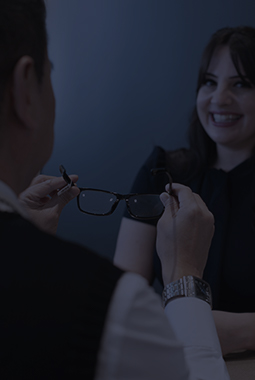
Focused on You
We take the time to understand your unique needs and tailor our eye care to you and your family. One size does not fit all!
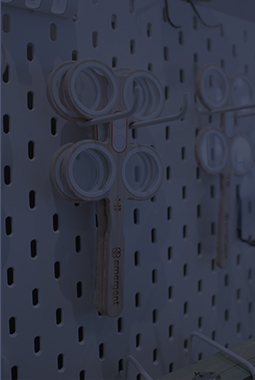
Vision Therapy
We design treatment programs to improve your visual skills, which can address learning difficulties, binocular vision dysfunction, concussion symptoms, and more.
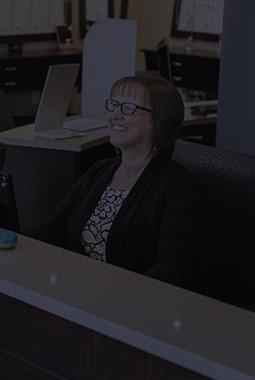
Experienced Team
Our St. Albert optometrists are highly trained and experienced in providing quality eye care in our comfortable and welcoming environment.
Visit Our Eye Clinic
Visit Us
Our Address
- #114, 506 St. Albert Trail
- St. Albert, Alberta T8N 5Z1
Contact Information
- Phone: 780-419-7000
- Fax: 780-419-6770
- Email: staff@eyehealthcentre.ca
Our Hours
- Monday: 9:00 AM – 6:00 PM
- Tuesday: 9:00 AM – 8:00 PM
- Wednesday: 9:00 AM – 6:00 PM
- Thursday: 9:00 AM – 6:00 PM
- Friday: 9:00 AM – 6:00 PM
- Saturday: Closed
- Sunday: Closed
Our Brands
